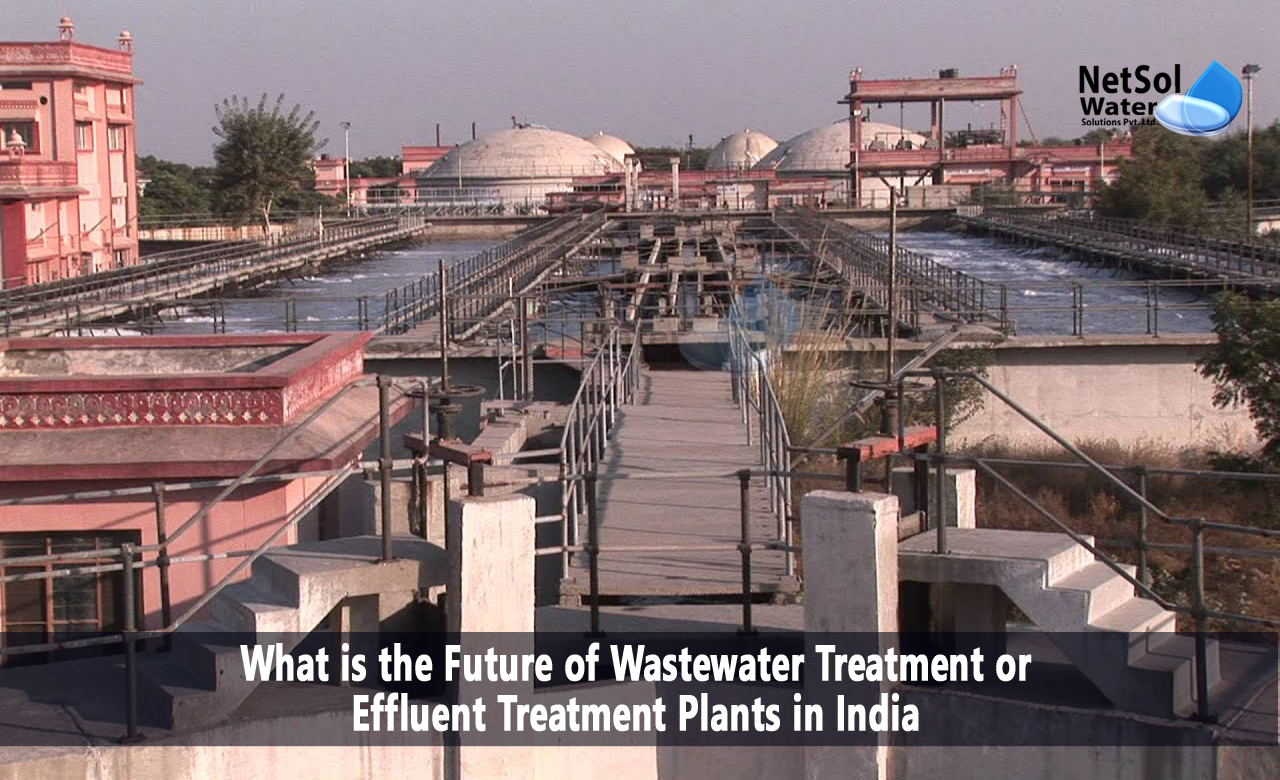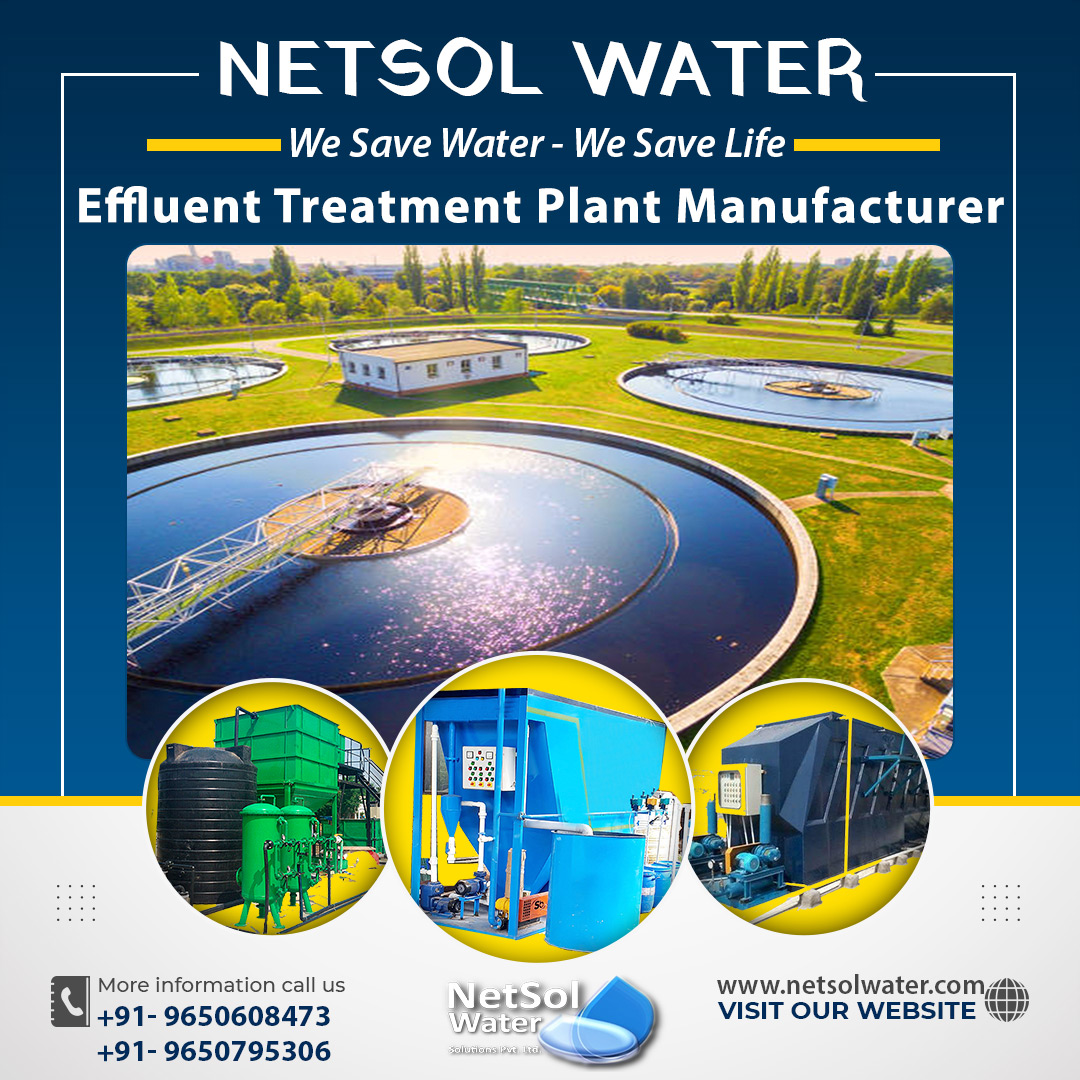What is the Future of WWT or ETP Plants in India?
With India’s fast-track industrial development, the future of Waste Water Treatment and Effluent Treatment Plants becomes a critical frontier. Discovering the complex future that embraces emerging technology, regulation updates, and sustainable ways of operation through this section.
Advanced Treatment Technologies
These include advanced treatment technologies such as electrochemical processes, ultraviolet disinfection, and forward osmosis. Such innovations are geared at enhancing treatment outcomes and delivering a better quality of treated water.
Decentralized Treatment Paradigm
More attention is focused on decentralized treatment systems for effluent treatment, as concerns about water scarcity increase, providing alternative and more local approaches in this regard. With modular and scalable systems, industries can treat wastewater at the source, easing the strain on centralized treatment plants.
Artificial Intelligence and Automation Integration
Artificial intelligence (AI) and automation to make the wastewater treatment process efficient. Such a system will maximize resource utilization, anticipate anomalies, and streamline decision-making processes.
Circular Economy Principles
Circular economy principles will become increasingly popular in waste reduction and resource recovery from effluent treatment plants. Such materials and energy can be extracted from wastewater, making the industrial processes go in line with sustainability targets.
Real-Time Monitoring with Smart Sensor Networks.
Intelligent Sensor Networks will bring about a time of real-time monitoring. These sensors will give a complete picture of the parameters of water quality; this will allow making response to changes in time and maintain best water treatment practices.
Green Infrastructure Adoption
In the future, natural solutions, such as constructed wetlands and green roofs, are likely to be instrumental in wastewater treatment. The eco-friendly approach imitates the natural process, thus providing inexpensive solutions for long-term management of the pollution problem.
Zero Liquid Discharge (ZLD) Systems
Due to water scarcity becoming a significant concern, there will be increased use of Zero Liquid Discharge systems. The systems target to reduce water discharge by improving water recovery, encouraging water reuse, and minimizing the environmental effect of industrial processes.
Innovations in Sludge Management
Wastewater treatment involves effective sludge management. Innovations expected towards the future will comprise of transforming sludge into useful by-products such as fertilizers and biogas while minimizing waste and maximizing resource recovery.
Regulatory Harmonization and Stringency
Future efforts will involve harmonizing wastewater treatment standards across industries in anticipation of a more complex regulatory landscape. This will encourage the implementation of cutting-edge technologies in response to the growing need to adhere to new pollution standards.
Water Reuse and Resource Recovery
Paradigm Shifts towards Water Reuse and Resource Recovery in Future. The treatment plants for effluent will not aim at mere conformity only; instead, there will be a focus on resource extraction from wastewater, with an emphasis on sustainability and reduced environmental effects.
Green Energy Integration
More effluent treatment plants will utilize renewable resources like solar and wind for energy generation. This move to renewable energy will not just cut on the carbon footprint, but also improve the general sustainability of wastewater management.
Public Awareness Campaigns
Public support will also come in handy in enhancing the awareness on why wastewater should be treated. In general awareness campaigns, people will learn that responsible wastewater management has many environmental benefits. People will feel this as their common duty.
Capacity Building and Skilling
This will require more capacitance, training, and skills improvement in future wastewater treatment. Professionals will be trained through training programs and educational initiatives to operate and manage advanced treatment facilities.
International Collaborations and Knowledge Exchange
There will be more sharing of knowledge between Indian collaborations and international entities in the globalised world. Engaging international expertise and the best practices will bring India’s progress in wastewater treatment to a new level by keeping it among leaders in the field of sustainability.
Industry-specific Tailored Solutions
Wastewaters differ with respect to their character according to the different industries. New solutions will evolve which shall be specific, and tailor-made for effluent treatment in different sectors. This means that tailor-made approaches will be used in treatment so as to be specific and directed to meet the challenges of each industry.
Conclusion:
Wastewater treatment and effluent treatment plants – India’s vision of an innovative, sustainable and collaborative future. Such advancements are not so much an option, as a strategic necessity that defines India’s future industrial landscape, where growth is harmonized with the principles of sustainable development.




